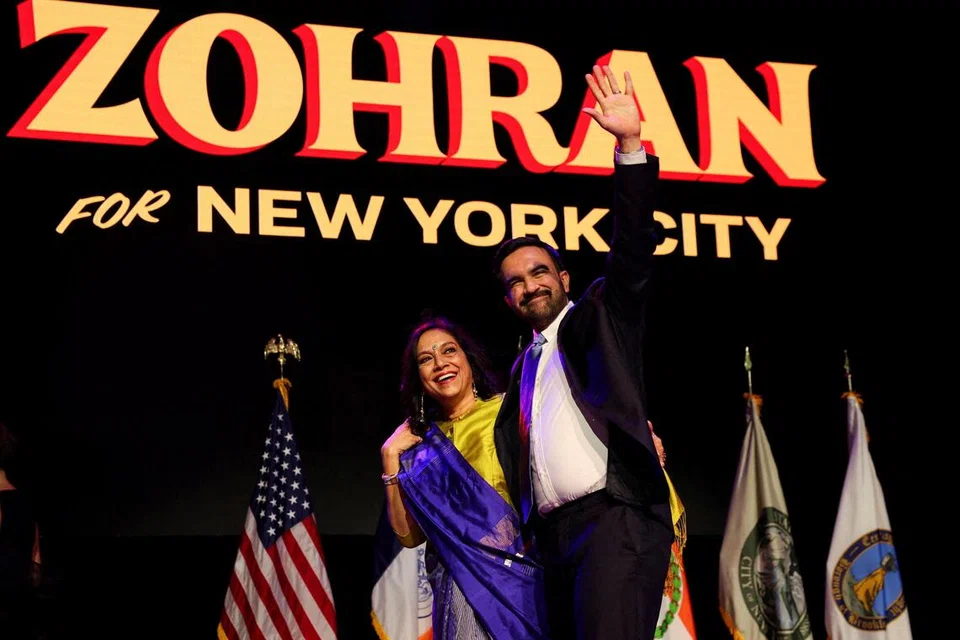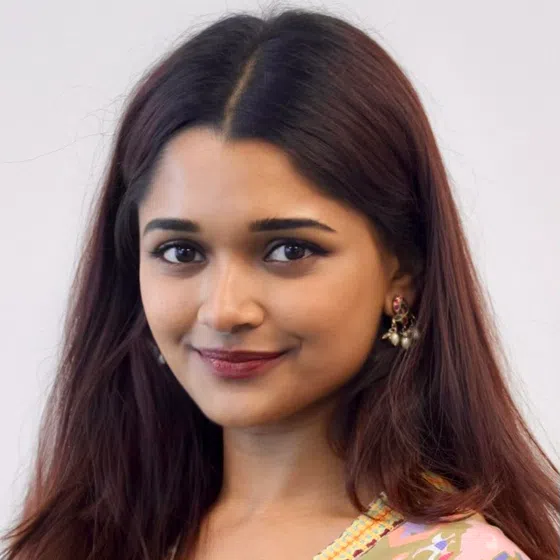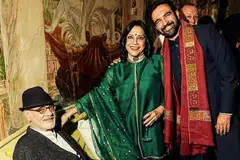Zohran Mamdani signed off his victory speech as New York City’s mayor-elect late on November 4 by placing his hand over his chest as Bollywood hit Dhoom Machale blared on the speakers. The song choice capped off a campaign rich with Bollywood-inspired imagery and nods to his heritage.
Mamdani’s parents were born in India before moving to Uganda, where he was raised. The track, from the 2004 action film Dhoom, is famous for its high-energy beats that accompany motorcycle chases and dance sequences. The refrain “dhoom machale dhoom” roughly translates to “make some noise” or “have a blast,” and remains a popular anthem and ringtone in India even two decades later.
Though not a well-known name in India, Mamdani’s win made headlines there on November 5, with newspapers introducing him as New York’s first mayor-elect of Indian descent. On the street outside his parents’ home in New Delhi, however, few knew who he was.
Bollywood’s influence on Mamdani seems natural, given his background. His mother, Mira Nair, is an acclaimed filmmaker known for Monsoon Wedding and Salaam Bombay!, while his father, Mahmood Mamdani, is a Columbia University professor and author specialising in colonialism and African history.
In a New Delhi park where his parents often walk, a language tutor named Aman Midda said he hadn’t heard of Mamdani but was impressed after seeing clips from his campaign, noting his prowess in speaking Hindi and Arabic. Online, social media users celebrated his use of “Dhoom Machale,” calling him a “Bollywood buff” poised to lead New York.
Several of Mamdani’s campaign videos echoed Indian cinema – one from December showed him in a white kurta amid colorful, high-energy visuals resembling a movie trailer, while another in June featured a famous line from the 1975 classic Deewaar: “Today I have buildings, property, a bungalow, a bank balance, and a car. What do you have?” To which Mamdani, arms spread wide, replies: “You.”
Mamdani, 34, has previously worked on film music, notably overseeing the soundtrack for Queen of Katwe (2016), directed by his mother. She joined him, along with his wife and father, onstage after his victory speech – in which he also quoted India’s first prime minister, Jawaharlal Nehru.



